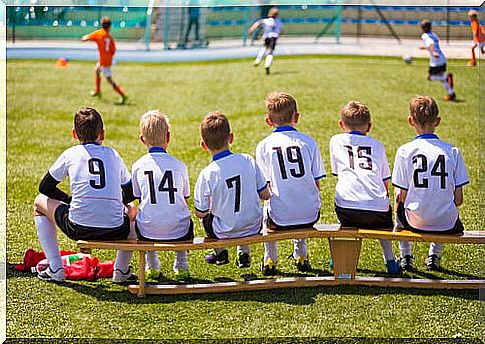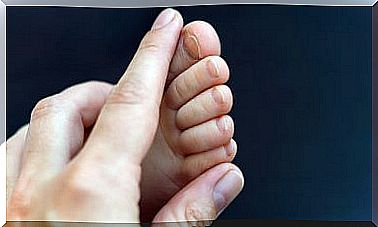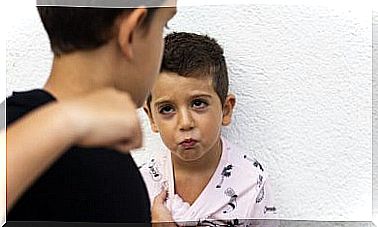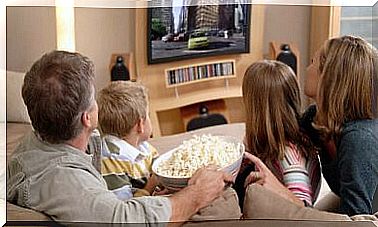Rugby For Children
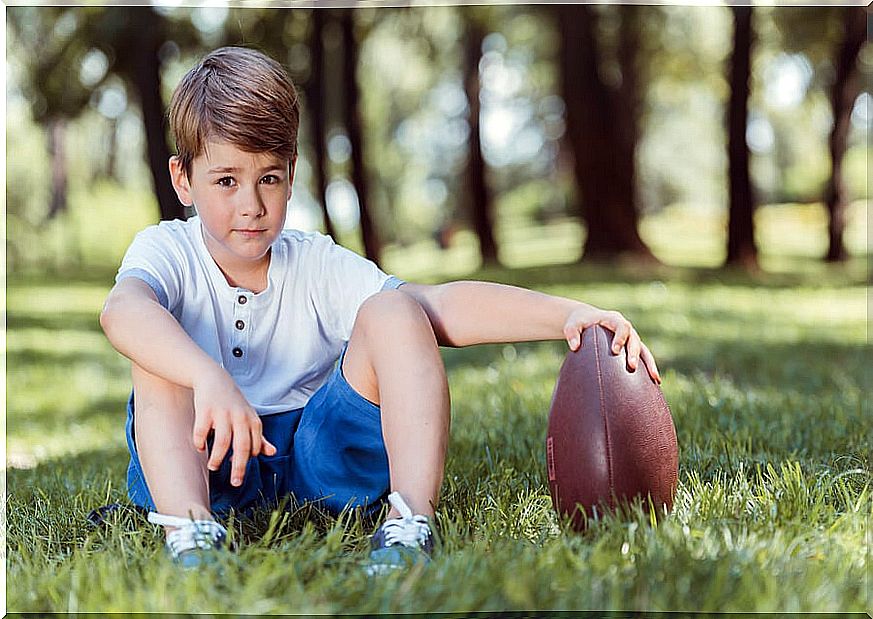
A priori, if we talk about sports for children, rugby is not one of the most requested by families. This sport has always been associated with rudeness and aggressiveness. It is a contact practice, but this does not have to imply that it is violent. For this reason, rugby is also a sport for children.
Your goal is to get the ball into the opponent’s court area, cross the goal line by throwing the ball to the ground and be able to score points. Seen that way, practicing it seems simple, but it involves a series of complex circumstances around the ball. However, rugby is one of the sports where teamwork is essential and for which the necessary skills must be acquired to practice it.
Benefits of rugby for kids
If this sport is started at an early age, you will be favoring essential aspects for the child’s development, such as:
- Concentration: A key aspect in childhood and adolescence for studies. Concentration is a prerequisite for playing rugby, as it is a sport that requires constant attention.
- Speed: Acquiring a certain speed will give you agility in movements and a good ability to react to any circumstance.
- Motor coordination: Along with speed and concentration, the child will develop good and fast motor coordination, which will be very useful during their growth.
Values to be acquired
- Respect: Respect on the contrary, since it is one of the sports where fair play is essential for the proper development of the game.
- Companionship: As it is a team game, the companions who are around must be kept in mind. For this reason, they must be aware that, without each of them, the team could not reach the other side of the field.
- Friendship: Like any team sport, the value of friendship is fostered. Children are exposed to various situations in which you can make friends.
- Inclusion: It is an inclusive sport, where all children and all physical characteristics are valid. More importantly, the diversity that each of them brings is necessary. Tall, short, thinner or less, with more force or less, more agile and slower.

The good thing about this sport is that each position needs certain physical characteristics. This makes the child feel important and takes on responsibilities within the group. Also, learn to respect your classmates, since they are all pieces of the same puzzle.
Rugbytots
If despite these benefits you are not convinced as a sport for your child or if he is still too young to practice it, there is Rugbytots. This initiative arrived in Spain three years ago. Its objective is that children between 2 and 7 years old begin to acquire the values of this sport, but without contact between them.
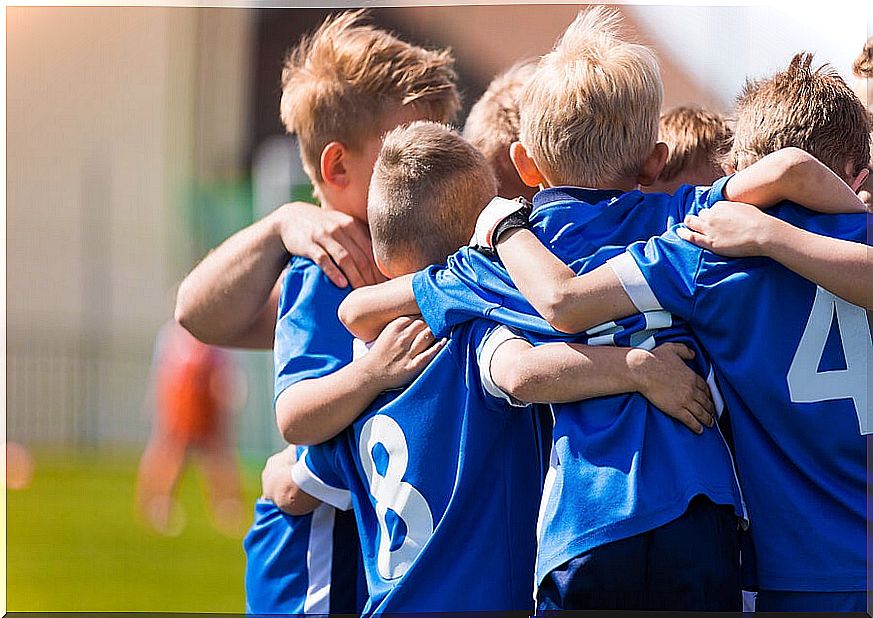
In addition to the basic aspects of rugby, such as passing and kicking the ball, he stands out for fundamental values such as respect and companionship.
The aim of Rugbytots is to develop social skills in the little ones. Also, promote adequate motor and physical development and a mentality linked to values in a fun and enjoyable way for them.
It begins with children between 2 and 3 years old, a stage in which the objective is the development of the aforementioned social skills. At the 3-5 year stage, aspects of the game of rugby as such begin to be applied. Later, in the stage of 5 to 7 years, they are prepared to be able to play a rugby match. Children who want to federate at the end of this stage.
